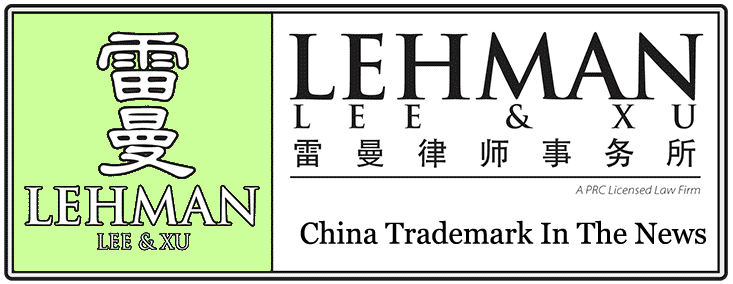The 28-hectare Cru Bourgeois estate’s Chinese owner has changed its name to L’Estran. The term Listran was pre-registered by a third party in China.
This tactic, known as brand squatting, is a growing problem in the Chinese market, according to Céline Baillet, a European trademark lawyer at the Bordeaux office of INLEX, a law firm specialized in the protection and defense of trademarks.
‘Legally in China, the law rests with the person who registers it, regardless of prior trading,’ Baillet told decanter.com.
‘So an importer will not distribute a chateau whose brand is registered to someone else, meaning the winemaker is blocked any entry to the Chinese market until they recover the rights to their name.’
Full-blown legal actions are expensive, so chateaux often try to buy back the rights to their own name, usually for sums between EUR8,000 (US$10,800) and EUR30,000.
It costs around EUR1,000 to register a trademark in China for ten years. Chateau L’Estran’s proprietor, Mr. Zhao Dan, chose this route.
There have been signs of a shift at China’s trademark office in 2013. In May, Chateau Ausone managed to annul a third party’s version of its own name in Chinese.
However, Castel Freres was unable overturn a translation of its own name as ‘Kasite’, registered by Chinese wine distributor Panati. Castel has now registered a variation of the name, and Panati retains the rights to ‘Kasite’.
http://www.decanterchina.com/en/?article=587 |

